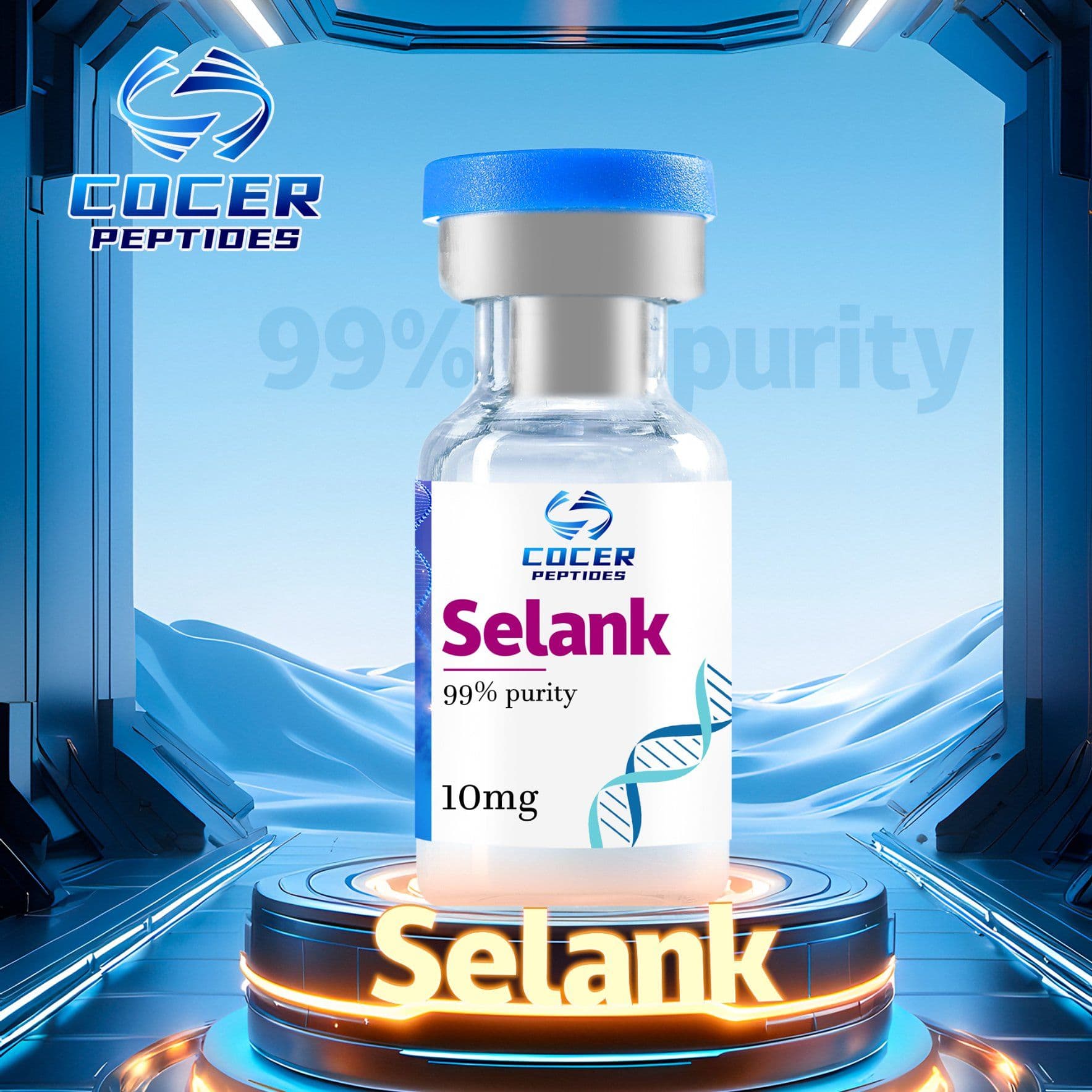SF & DC Elites Drive Demand for Chinese Peptides Amidst Persistent Quality Control Questions

Ongoing concerns about the quality control of Chinese-manufactured peptides persist, even as a growing number of individuals, including "SF & DC elites," are reportedly incorporating these substances into their personal health regimens. Conrad Bastable, a noted commentator, highlighted this trend, stating in a recent tweet, > "The Quality Control thing is sort of real. For now. But SF & DC elites alike are ordering Chinese peptides and putting them in their bodies. The QC issues can be solved — or priced such that consumers will roll the dice anyway." This observation underscores a complex market dynamic where demand often outweighs regulatory caution.
China has emerged as a dominant global producer of peptides, driven by competitive manufacturing costs and a robust pharmaceutical infrastructure. However, this prevalence has been accompanied by reports of inconsistent product quality, varying purity levels, and instances of contamination or outright counterfeit products from certain suppliers. Many of these peptides are sold under "research use only" labels, allowing them to bypass stringent regulatory oversight intended for human-grade pharmaceuticals.
Despite these acknowledged quality challenges, the global peptide therapeutics market is experiencing significant growth, projected to reach USD 91.87 Billion by 2033. This expansion is fueled by the rising prevalence of chronic diseases such as diabetes, obesity, and cancer, alongside a growing demand for personalized medicine. Peptides are sought for a wide array of perceived benefits, including anti-aging effects, muscle development, enhanced healing, and longevity, often promoted by wellness influencers and online communities.
Regulatory bodies in China, such as the National Medical Products Administration (NMPA), are actively working to strengthen oversight and standardize manufacturing processes for biopharmaceuticals. These efforts aim to align with global quality standards and streamline approval pathways for innovative therapeutic peptides. Nevertheless, the regulatory landscape for "research-grade" peptides, particularly those acquired for personal use outside clinical settings, remains a gray area, posing risks to consumers.
Critics, including medical professionals and cellular biologists, caution against the use of unproven peptides, emphasizing the lack of adequate clinical trials to confirm their safety and efficacy for human consumption. They warn that "research-grade" products may contain impurities or unintended peptide fragments. The continued demand from consumers willing to "roll the dice" highlights a significant challenge for regulators and a potential health risk for those seeking alternative wellness solutions.